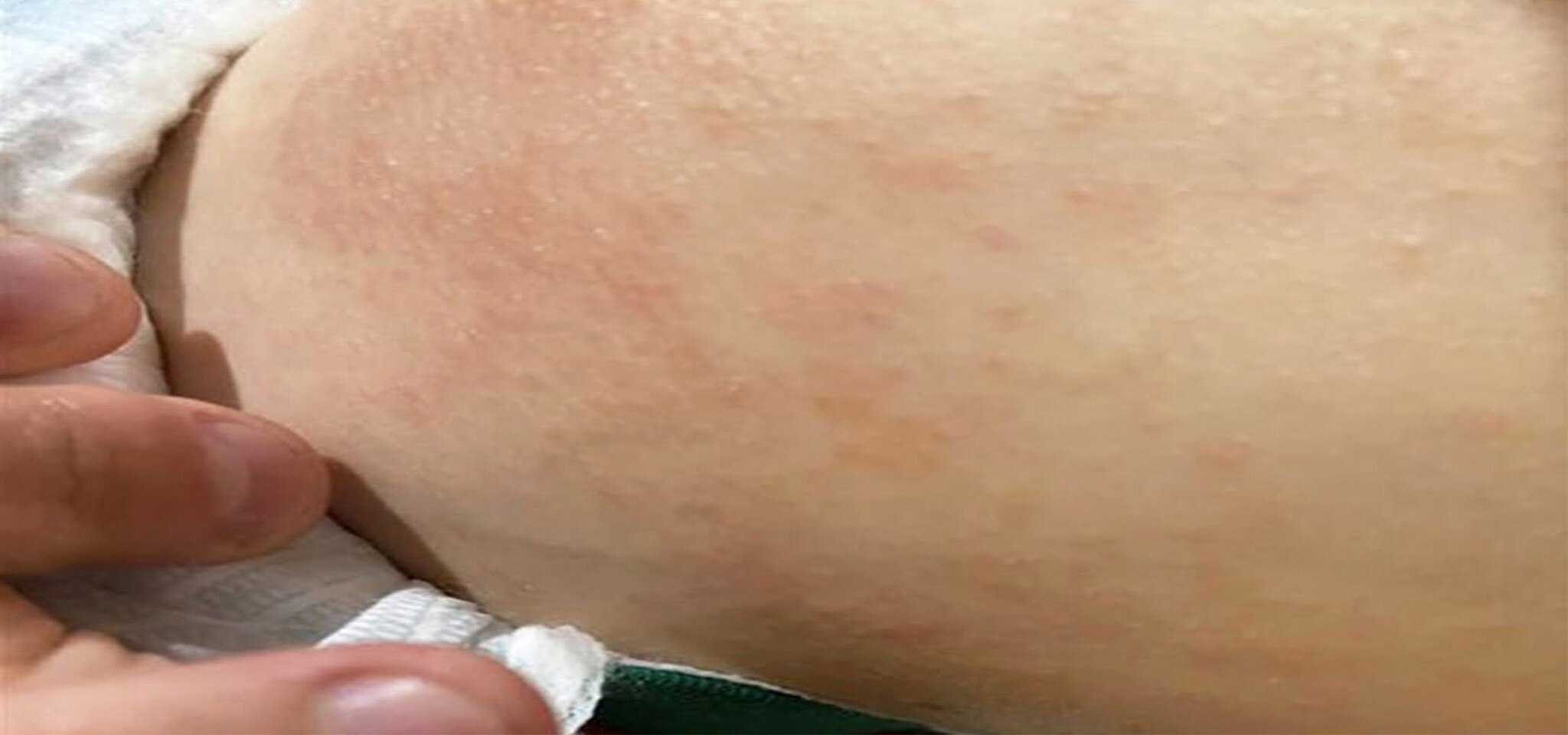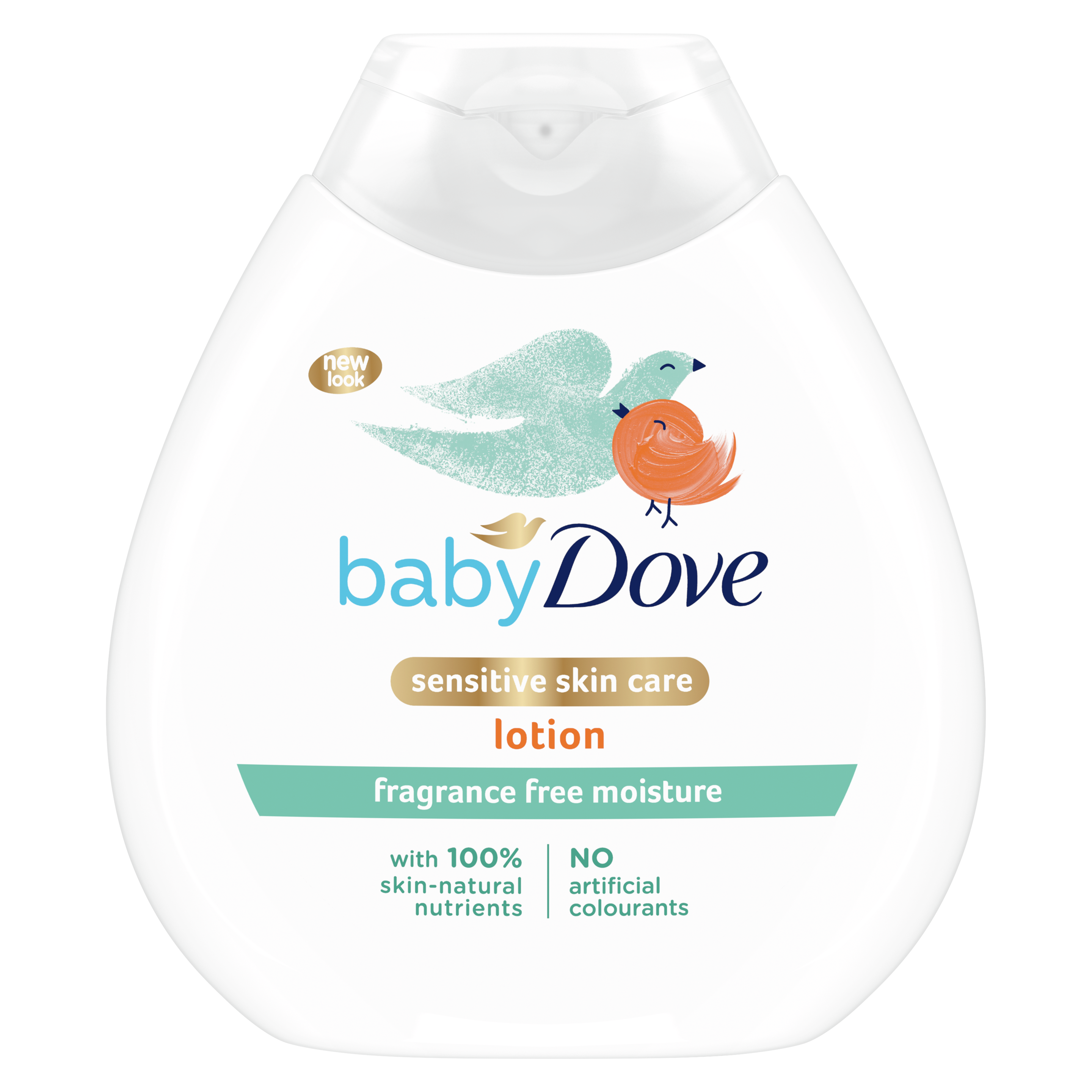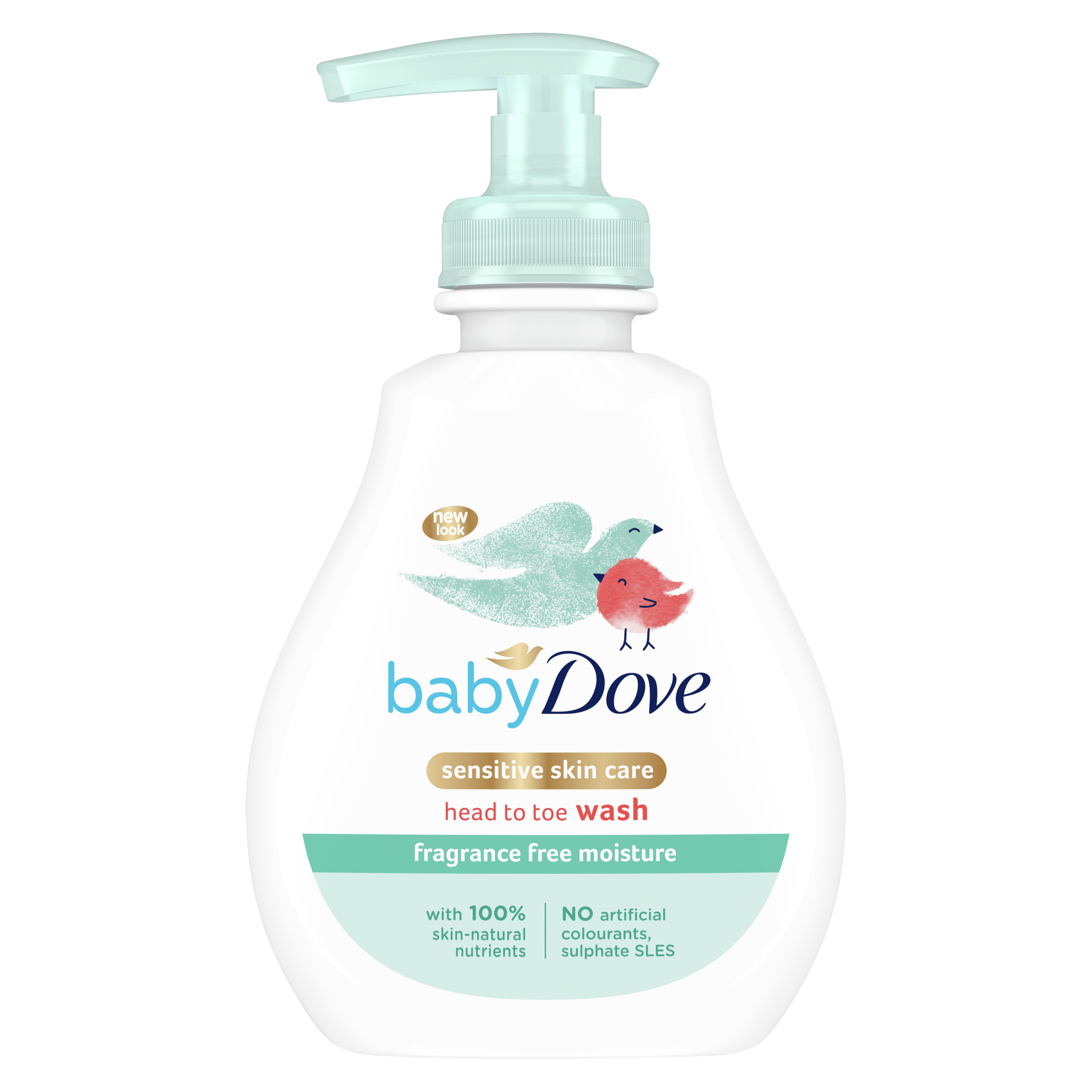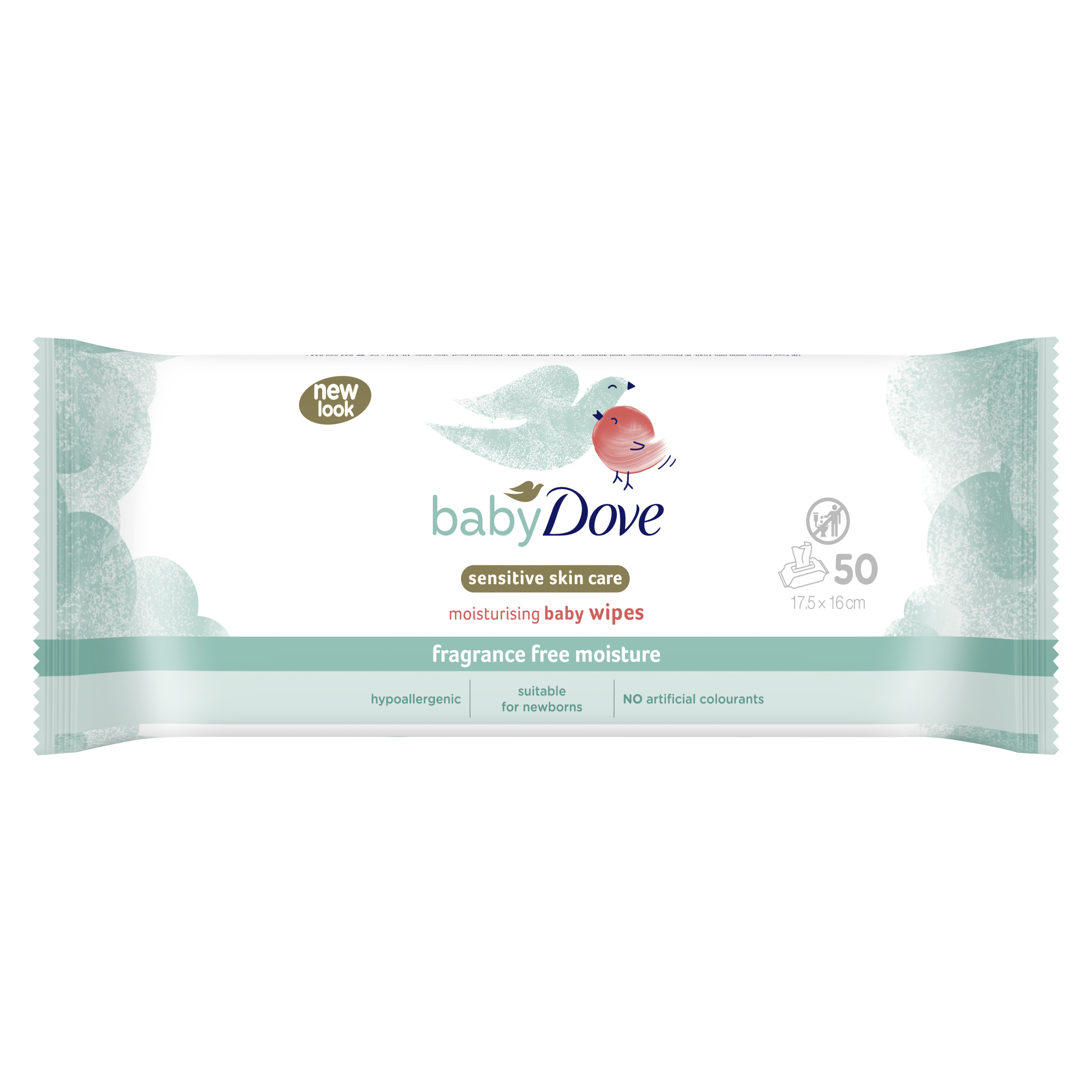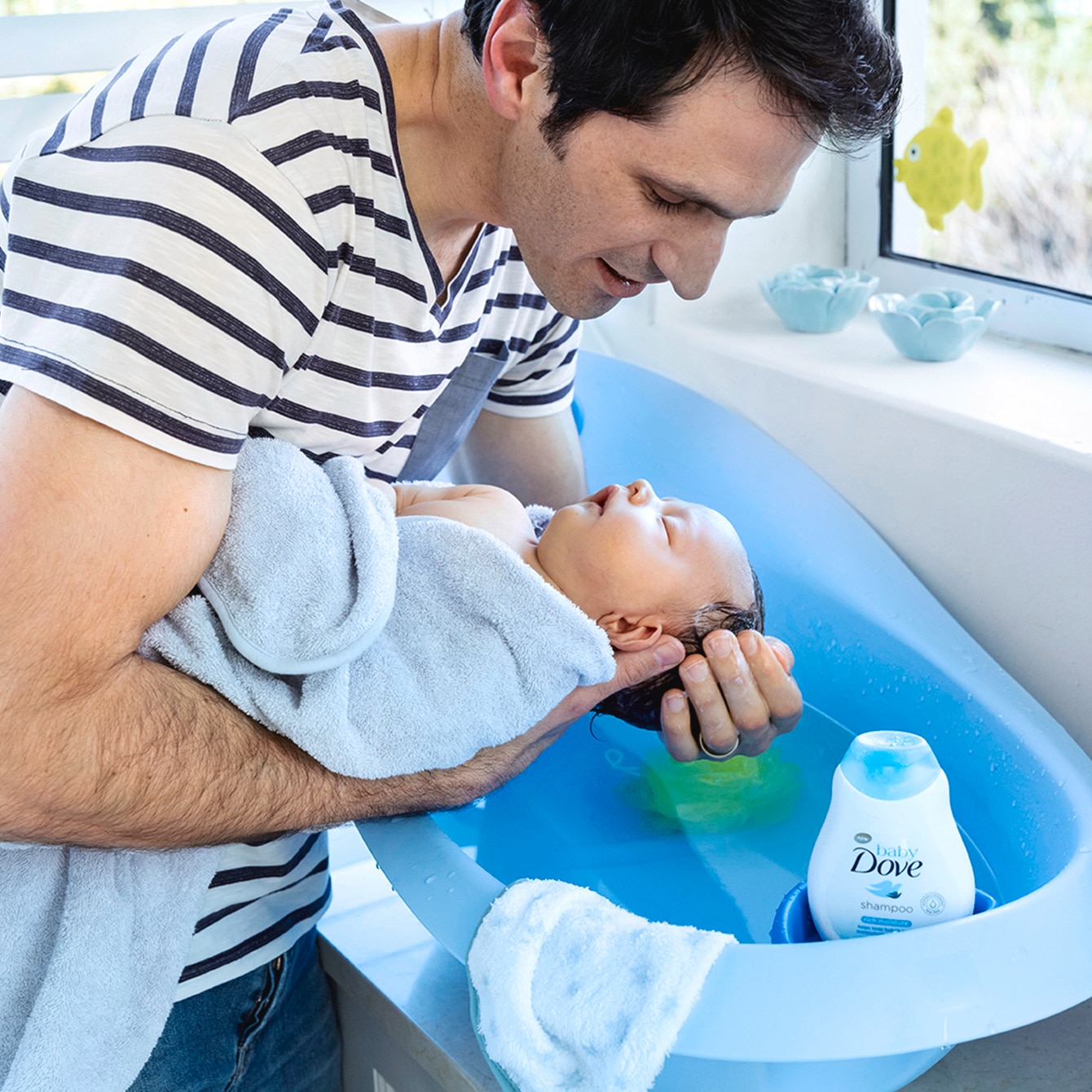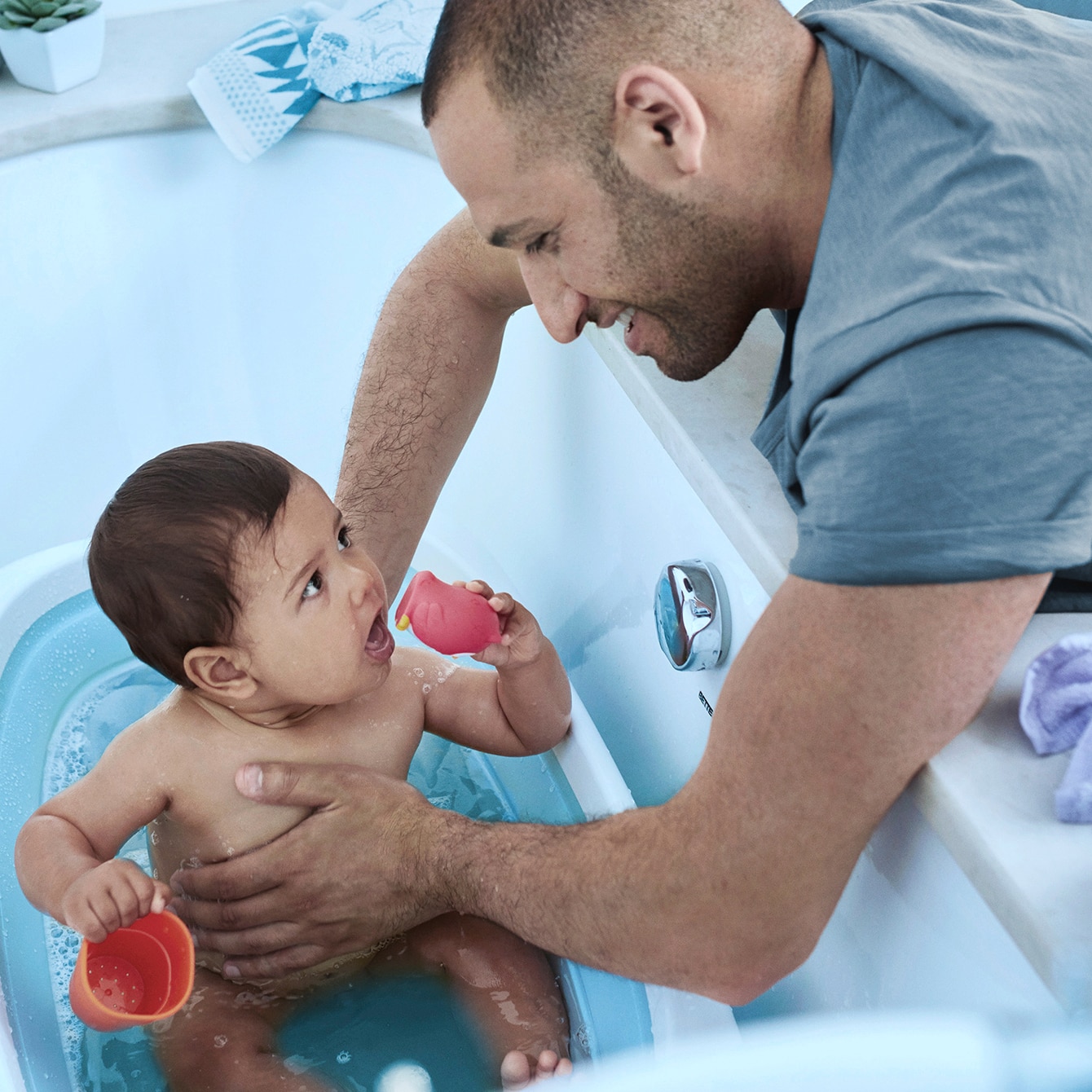Studies show that one-third of babies outgrow this condition during childhood. However, in some cases, eczema persists into adulthood, leading to chronic symptoms. Atopic dermatitis is often associated with asthma and hay fever, a combination known as atopy.
A common question parents ask is: “Is there a genetic link?” The answer is a definite yes. Research indicates that genetics play a significant role, and environmental factors, such as increased pollution, can also contribute to the development of atopic eczema.
Symptoms of Atopic Dermatitis
Atopic dermatitis presents with:
- Very dry, irritated, leathery, and flaky skin
- Itchy patches that require daily washing with an emollient, and moisturising to prevent new flare-ups
- Inflammation, which can manifest as redness, swelling, pain, warmth, and discomfort, requiring topical medications
Download our free checklist to learn the key signs of atopic dermatitis (PDF 30.6MB)
Commonly Affected Areas
- Creases of the knees and elbows
- Wrists and ankles
- Legs and buttocks
Skin Care Recommendations
Skin care is crucial for managing atopic dermatitis. As paediatricians, we recommend using fragrance-free, colourant-free products that do not contain harsh ingredients, as these can trigger flare-ups. Drying soaps should be avoided, as they can worsen symptoms.
For bathing, we recommend gentle, non-drying body washes, such as Baby Dove Hypoallergenic Fragrance-Free Head to Toe Wash with 100% skin natural nutrients.
This product, and similar alternatives, are free from dyes, parabens, and phthalates, which are unwanted chemicals known to aggravate sensitive skin.
Medical Treatment for Eczema
For eczema flare-ups, paediatricians may prescribe:
- Hydrocortisone cream to reduce inflammation
- Oral antihistamines to relieve severe itching
- Oral corticosteroids for severe cases
If signs of skin infection appear—such as pus, streaks, or yellow scabs—antibiotics may also be prescribed.
Atopic dermatitis is a chronic but manageable condition. By using the right skincare products, avoiding triggers, and following medical advice, parents can help relieve symptoms and reduce flare-ups in their children. If eczema persists or worsens, consulting a paediatrician or dermatologist is essential to develop an effective treatment plan.
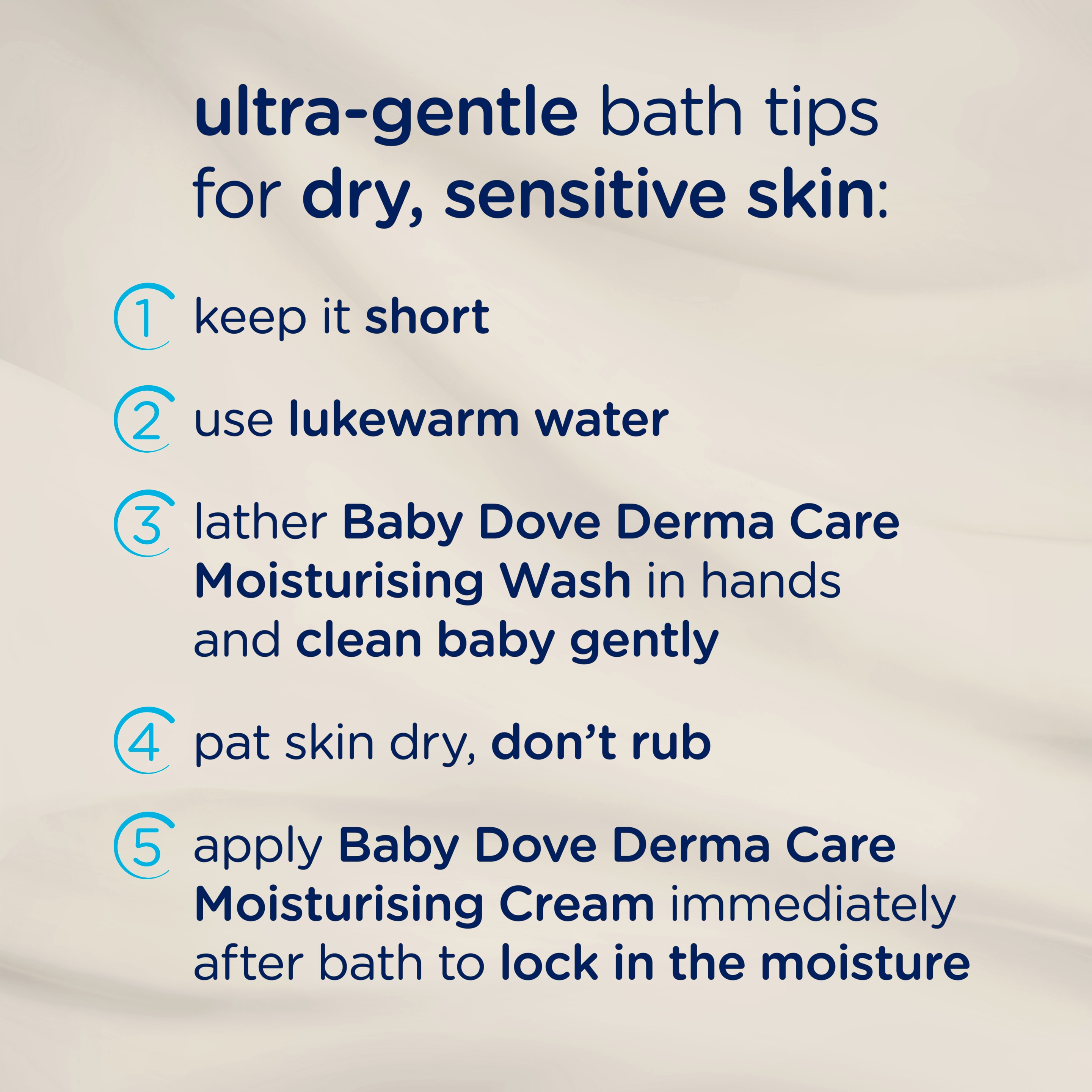
References:
1. Common Causes of Atopic Dermatitis. National Eczema Association. Accessed on 24/01/25 at https://Nationlaeczema.org.
2. The International Study of Asthma and Allergies in Childhood. ISAAC surveys report. Accessed on 21/01/25 at https://isaac.auckland.ac.nz.
3. Allyson L, Yasmin Belkaid, Lulia A. Segre. The human Skin Microbiome. Nature Reviews Microbiology 16: 143 – 155 (2018)
4. Overview of Atopic Dermatitis. Accessed on 25/01/25 at https:// Niams.nih.gov
Written by Dr. Machaba, Paediatrician, MBcHB, FcPaed, MMED

